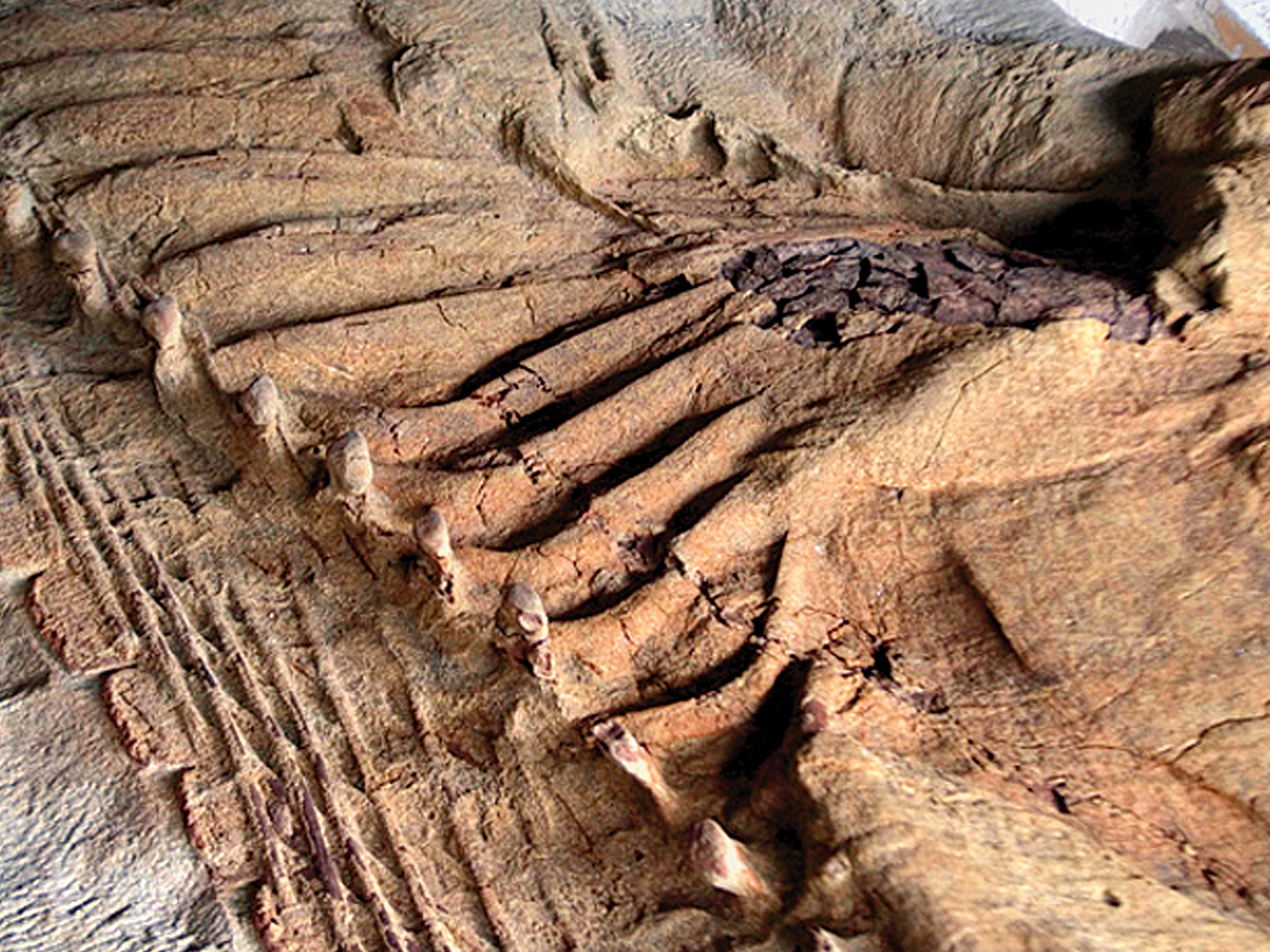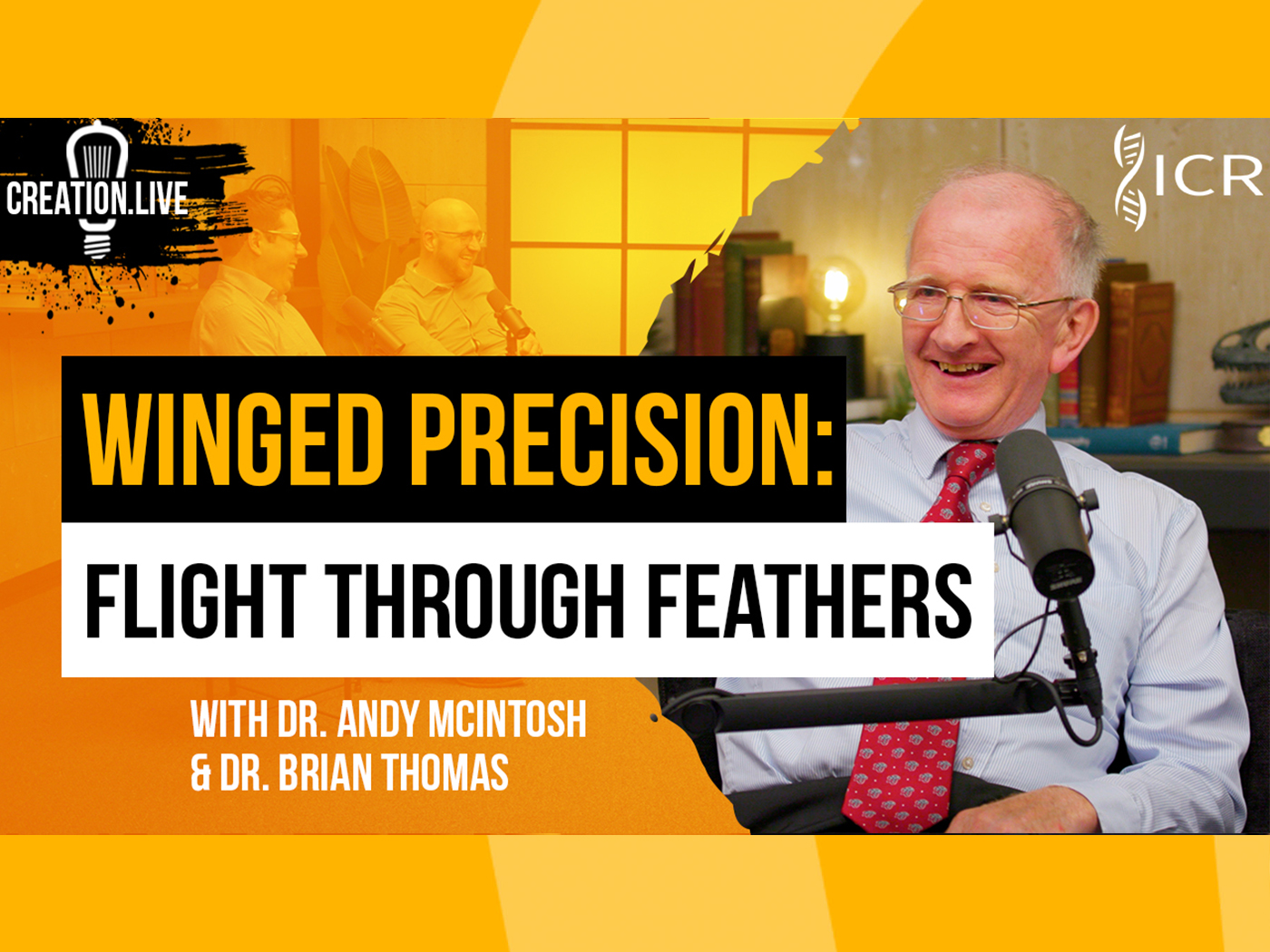With Comments on Why the "Open"-or-"Closed" Genealogy Question Is Chronometrically Irrelevant
* by Thomas D. Ice, Th.M.,Ph.D., and James J. Scofield Johnson, Th.D., D.C.Ed.
Presented at the Southwest Regional Meeting of the Evangelical Theological Society at The Criswell College in Dallas, Texas on March 1, 2002.
Abstract
God intended that His human creatures would be able to use the sun to calculate time on Earth, in years.1 The regular amount of time used when the Earth orbits around the sun is called a "year."2 Because earthly sun-orbits recur on a regular3 basis (and that is reliable and true because God made it to be so), years are a reliable and true time-unit for quantifying time on the Earth.4
The physical universe exists in space, time, and matter-energy (the latter category being a more technical name for "stuff"). God made time "in the beginning," at the same time when He made space and matter-energy. God works in time, not because He must but because He wanted to. God made mankind to live, on Earth, inside time (and space and stuff). The study of human events within their space-time context is usually known as the study of "history"—thus, the Bible contains a lot of "history," because the Bible often documents human events described in relation to their space-time context, by identifying timeframes and geographical location information.
This paper is concerned about the Bible's quantitative records about time. God tells us many things in the Bible about time—often measuring such timeframes in days, months, and years. In particular, this paper is mostly concerned with instances when God has communicated historical chronology information in the Bible by perspicuously describing specific timeframes in "years."
Keywords
Age of Earth, Biblical Chronology, Biblical Timeframe, World History, Genealogy, Adam to Abraham, Genesis
For Full Text
Please see the Download PDF link above for the entire article.






















